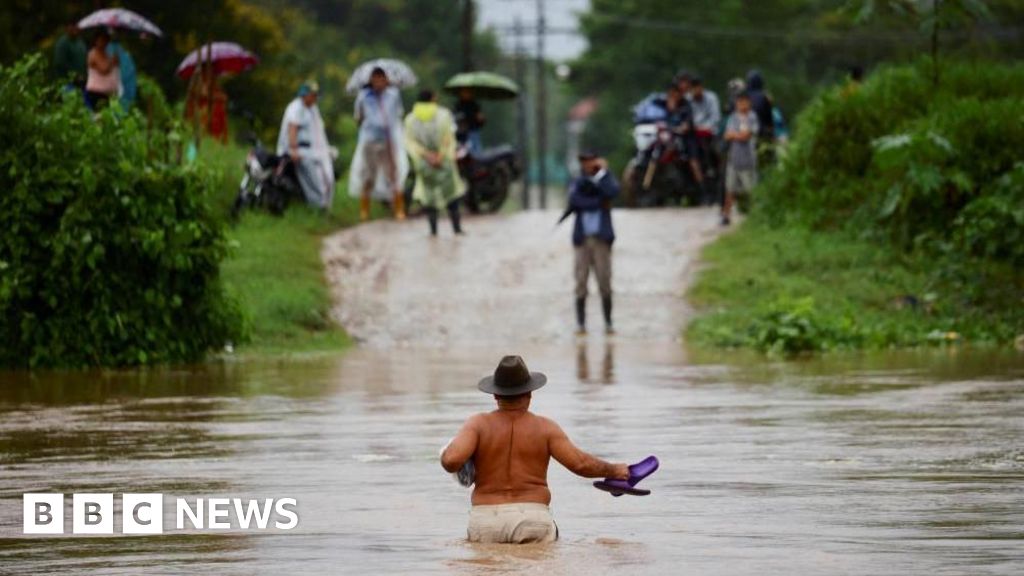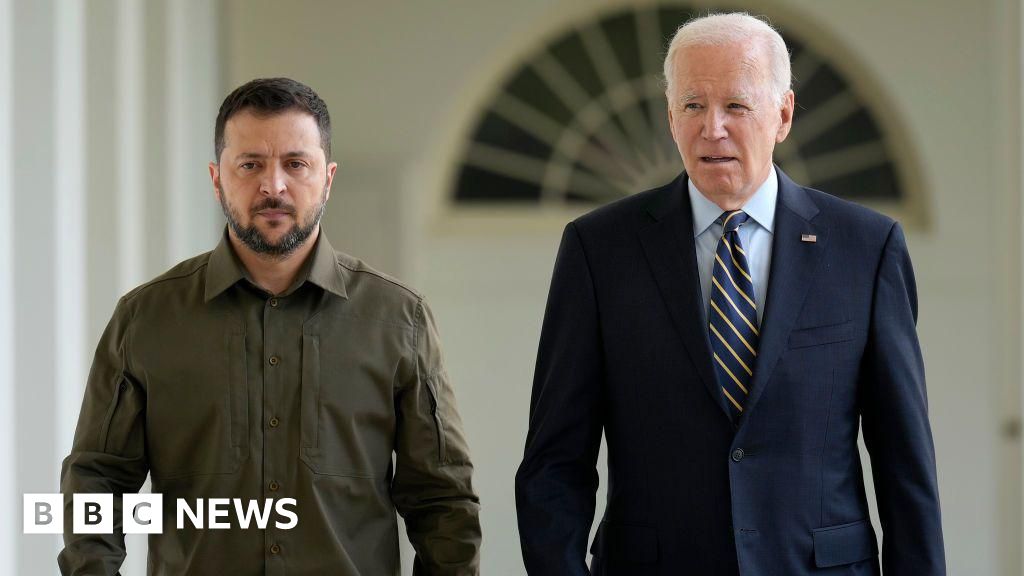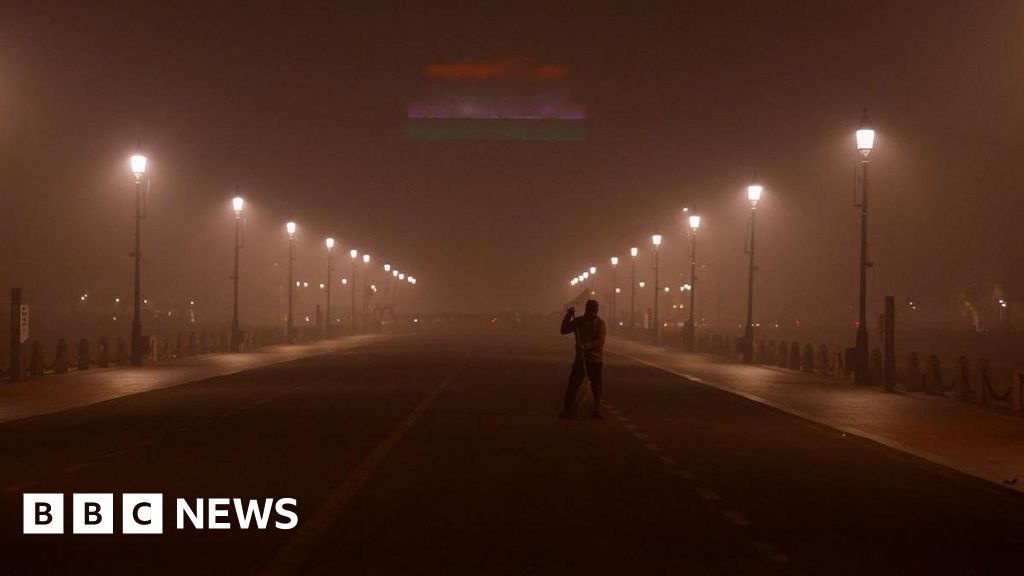ARTICLE AD BOX
By Tiffanie Turnbull
BBC News, Sydney
Image source, Getty Images
Image caption,Prime Minister Anthony Albanese will govern with a majority in the House of Representatives
Australia's new Labor government has secured a majority in parliament, election analysts say.
The centre-left party, led by Prime Minister Anthony Albanese, defeated Scott Morrison's conservative coalition in an election on 21 May.
A record vote for independents and minor parties had made it uncertain whether Mr Albanese would govern in his own right.
But he now has the 76 lower house seats needed, after victories in tight races.
It is a different story in the Senate, where Mr Albanese's government will need crossbench support to pass laws.
About a third of Australians voted for candidates outside the major parties, with support surging for the Greens and independents running on climate platforms.
Mr Albanese has promised a "constructive relationship" with the expanded crossbench, despite not needing to rely on their votes in the House of Representatives. Two seats there remain undecided.
He will announce his cabinet on Tuesday.
The veteran politician, who heads Australia's first Labor government in almost a decade, has promised to adopt more ambitious emissions reductions targets. However, he has so far refused calls to phase out coal use or to block the opening of new coal mines.
Mr Albanese flew to Tokyo last week for a summit with the leaders of Japan, India and the US, known as the Quad.
Mr Morrison's government lost almost 20 seats at the election. These included traditional conservative strongholds in the cities, where climate policies were seen as a key factor.
Staunch conservative and former defence minister Peter Dutton will now be opposition leader, after he was chosen by the Liberal Party to replace Mr Morrison.
Barnaby Joyce - who made international headlines over a row about Johnny Depp's dogs - was replaced by David Littleproud as leader of the Nationals, the Liberals' junior coalition partner.
In the last 40 years only one government - under John Howard in 2004 - has won a Senate majority.
You may also be interested in:
Five faces making political history in Australia

 2 years ago
54
2 years ago
54








 English (US)
English (US)